Bacteria Is Not Bad!
As someone who spent years working in the NICU, part of my job was to protect the sensory development of those tiny babies, and that included their olfactory development (yup, the development of smell!). So, I’m here to share a little secret with you –
I just can’t recommend using hand sanitizer, especially around your newborn.
Now, before you panic, let’s talk about why. Babies need to smell YOU! Did anyone tell you that you might notice a change in your… aroma… postpartum? That’s not just a quirk; it's biology working to help your baby FIND and BOND with you. So, if you catch a whiff of yourself and think, “Hmm, that’s different,” just know that it’s your body creating a unique scent signature for your little one to recognize.
Pretty cool, right?
Why Babies Need to Smell You
Your baby’s sense of smell is one of the first senses they use to bond with you. Studies show that babies can recognize their mother’s unique scent within days after birth, and this plays a key role in breastfeeding and emotional bonding. One study found that newborns prefer the smell of their mother's milk and skin compared to other scents. By allowing your baby to inhale your natural postpartum odor, you help establish that strong connection between you and your baby—something hand sanitizer can disrupt by masking your smell.
In fact, research shows that babies who are able to identify their mother’s scent tend to latch on better during breastfeeding. This scent recognition triggers the let-down reflex, which encourages milk production and strengthens the feeding relationship. Without that scent cue, babies may struggle more with feeding and bonding.
The Microbiome and Your Baby’s Immune System
We’ve all been taught to fear germs and bacteria, but here’s the thing – not all bacteria are bad. In fact, some exposure to natural bacteria is crucial for your baby’s developing immune system. The human microbiome—the community of microorganisms that live on our skin and in our bodies—plays a key role in immune system development. Babies are born with a relatively immature immune system and need exposure to beneficial bacteria from their environment (and from you!) to help "train" their immune systems to respond appropriately.
This bacterial exposure begins at birth, particularly if the baby is delivered vaginally, as they pass through the birth canal and are colonized by their mother's microbiome. For C-section babies, skin-to-skin contact immediately after birth helps to provide some of this exposure, and you can even request a vaginal swab to help seed your baby’s microbiome. By relying too heavily on hand sanitizers, which kill both good and bad bacteria, we might be interfering with this important process. Studies have shown that early exposure to diverse microbes can even help reduce the risk of allergies, asthma, and other immune-related issues later in life.
In the NICU, we were careful about hygiene, but we also knew the importance of allowing parents to hold and bond with their babies. We encouraged skin-to-skin contact (kangaroo care) because it had so many benefits for both sensory development and immune health, and part of that was allowing babies to take in the natural smells of their parents.
So what do I recommend instead of hand sanitizer?
Soap and Water
Simple: wash your hands with good old-fashioned soap and hot water when needed. Have visitors wash their hands with soap and water. (And ask me why I’d like for them to wash to their elbows…) Soap and water are effective at removing pathogens without disrupting the healthy bacteria that babies need to develop their immune system. Plus, hand sanitizers have alcohol in them and can strip the skin of natural oils and irritate both your skin and your baby’s delicate skin.
And did you know that frequent use of hand sanitizers could even contribute to bacterial resistance? Yep, that’s another reason to go easy on the sanitizer. Your baby doesn’t need an overly sterile environment—they need to be able to interact with you and their surroundings in a natural way. (As they get older, ask me why I tell parents to stick their babies in the dirt).
So don’t be afraid to let your baby get close to you, smell you, lick you, and soak in all those natural aromas. It’s how they get to know you and how their little bodies start developing a sense of the world around them.
Practical Tips for Hygiene and Bonding
Now, I’m not saying don’t wash your hands—especially before feeding or after diaper changes—but balance is key. Here are a few simple hygiene tips:
Use mild, baby-safe soap for handwashing. (Yes, I have opinions on soaps… forthcoming… but basically a soap with NO ODOR is ideal)
Save hand sanitizer for times when soap and water aren’t available (like on the go).
Encourage skin-to-skin contact regularly—this helps with bonding and boosts your baby’s immune system.
Let your baby smell you! Even if you feel like you smell a bit different postpartum, know that it’s part of the bonding process.
If you need to be separated from your baby… sleep with a piece of cloth so it smells like you- let it get rank… breastmilk stains and armpit smells are fine! And then give that to your baby.
A Balanced Approach to Hygiene
It’s all about finding that balance. We don’t need to create an overly sterile environment, and we don’t want to rob our babies of the benefits of being exposed to our natural bacteria and scents. A little dirt and bacteria can be good for their developing bodies! So, while hand sanitizer has its place, it shouldn’t be the go-to for every situation.
Remember, bacteria isn’t the enemy—it’s part of the connection! Let’s embrace our natural selves, postpartum scents and all.
Sending you love,
Emily
